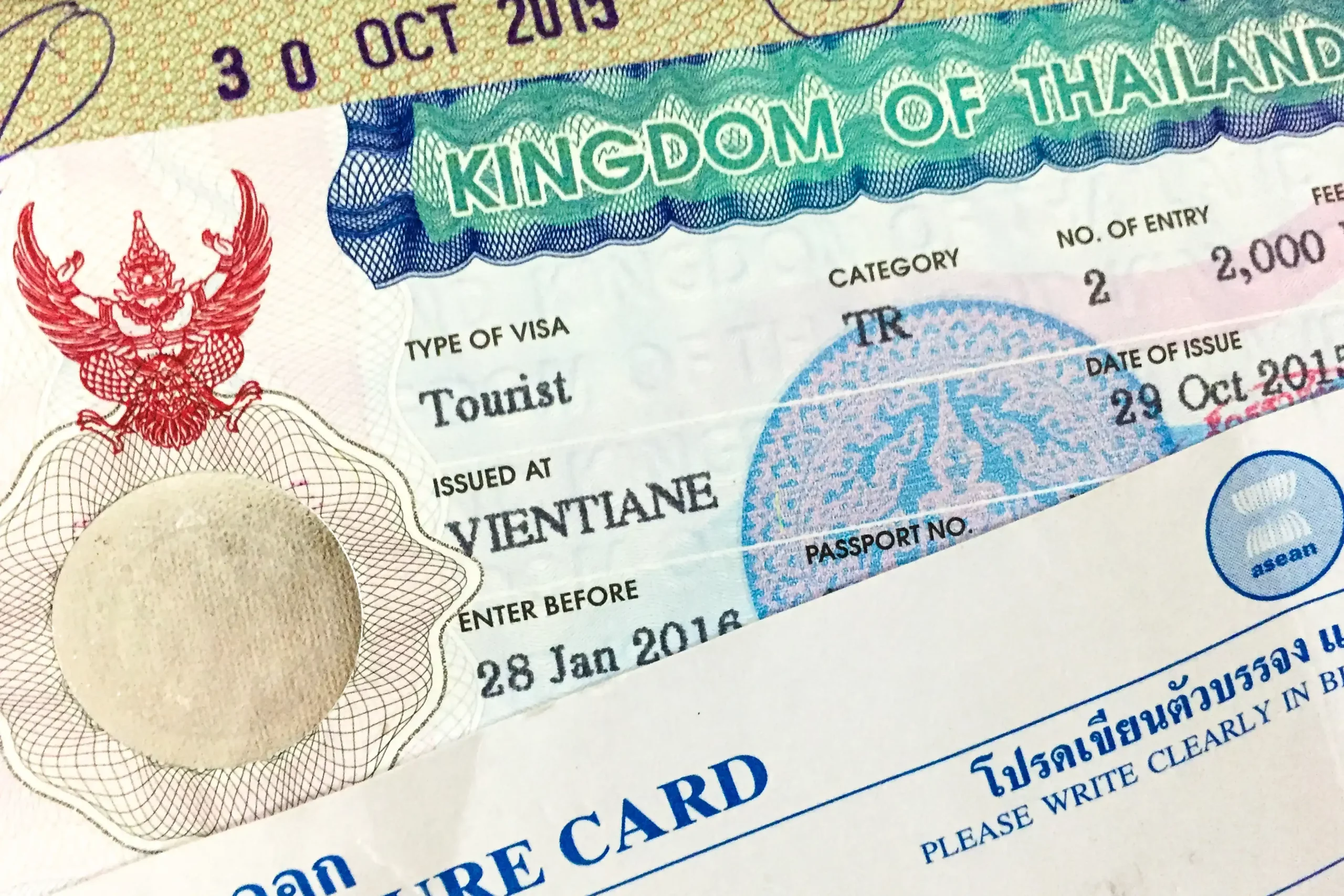
The Thailand 90-Day Visa allows travelers, particularly those on long-term stays, to reside in Thailand for three months with the option of extensions or regular renewals. This visa suits tourists, retirees, and business visitors looking for an extended stay without requiring a more permanent visa.
1. Types of 90-Day Visas in Thailand
a) Tourist Visa (TR)
A single-entry tourist visa grants a 60-day stay, extendable by 30 days at local immigration for a total of 90 days. This is ideal for long-stay tourists exploring Thailand and is renewable by leaving and re-entering the country with a new visa.
b) Non-Immigrant Visa (O, ED, B)
Several categories of non-immigrant visas allow for 90-day stays:
- Non-Immigrant O Visa: Issued for retirees, volunteers, and those visiting family in Thailand.
- Non-Immigrant ED Visa: For students enrolled in accredited Thai institutions.
- Non-Immigrant B Visa: For professionals and entrepreneurs working in Thailand. This visa type often requires a sponsoring employer and is typically used for those needing a work permit.
Each type can often be extended or converted to longer-stay visas or permits.
2. Application Process for the 90-Day Visa
The application process differs slightly depending on the visa type and applicant’s home country:
a) Required Documents
While exact documentation varies, typical requirements include:
- Passport: Valid for at least six months beyond the date of entry.
- Application Form: Completed and submitted to the Thai consulate or embassy.
- Photographs: Standard passport-sized photos.
- Proof of Funds: Financial statements or proof of income, with amounts varying by visa type.
- Letter of Purpose: For certain non-immigrant categories, like the B Visa, a letter from the employer or sponsor in Thailand is required.
- Additional Requirements for Non-Immigrant Visas: Including work permits, enrollment letters, or sponsorship documents, depending on visa specifics.
b) Processing Times and Fees
Application processing generally takes 3-7 days at Thai embassies and consulates. Fees vary by visa type and embassy, with single-entry tourist visas costing approximately THB 1,000 to THB 2,000, and non-immigrant visas around THB 5,000.
3. 90-Day Reporting Requirement
Holders of non-immigrant visas who remain in Thailand for an extended period are required to report their residence every 90 days to Thai immigration:
- Where to Report: In person at local immigration offices, through mail, or via Thailand’s online immigration portal.
- Information Required: Updated address, copy of passport, visa, and latest arrival card (TM.6).
- Penalties for Non-Compliance: Failure to report can result in fines or complications in visa renewals.
This reporting process ensures that long-term visitors comply with Thai residency regulations.
4. Extensions and Conversions
Extensions for 90-day visas are available based on the visa category:
- Tourist Visas: Extendable once for 30 days at immigration offices.
- Non-Immigrant Visas: Can be extended by one year for qualifying applicants, such as retirees on the O visa or professionals on the B visa.
- Conversion to Long-Term Visas: Those seeking permanent residency or long-term options, like the Thai Elite Visa or retirement visas, can convert their 90-day visa with the appropriate documentation.
5. Limitations and Important Considerations
Despite its benefits, the 90-day visa has limitations:
- Strict Reporting Requirements: 90-day reporting can be inconvenient, especially for those in rural areas.
- Limitations on Work: Tourist visas do not permit employment, while Non-Immigrant B visas require specific work permits.
- Non-Renewable Status for Some Types: Tourist visas cannot be extended indefinitely, requiring visa runs or entry renewals.
Conclusion
Thailand’s 90-day visa provides a flexible solution for tourists, retirees, students, and business professionals looking to spend an extended period in Thailand. Understanding the types, application requirements, and reporting obligations ensures smooth compliance with Thai immigration laws. Working with Thai consulates or local immigration advisors can further streamline the application and reporting processes for a hassle-free stay in Thailand.

